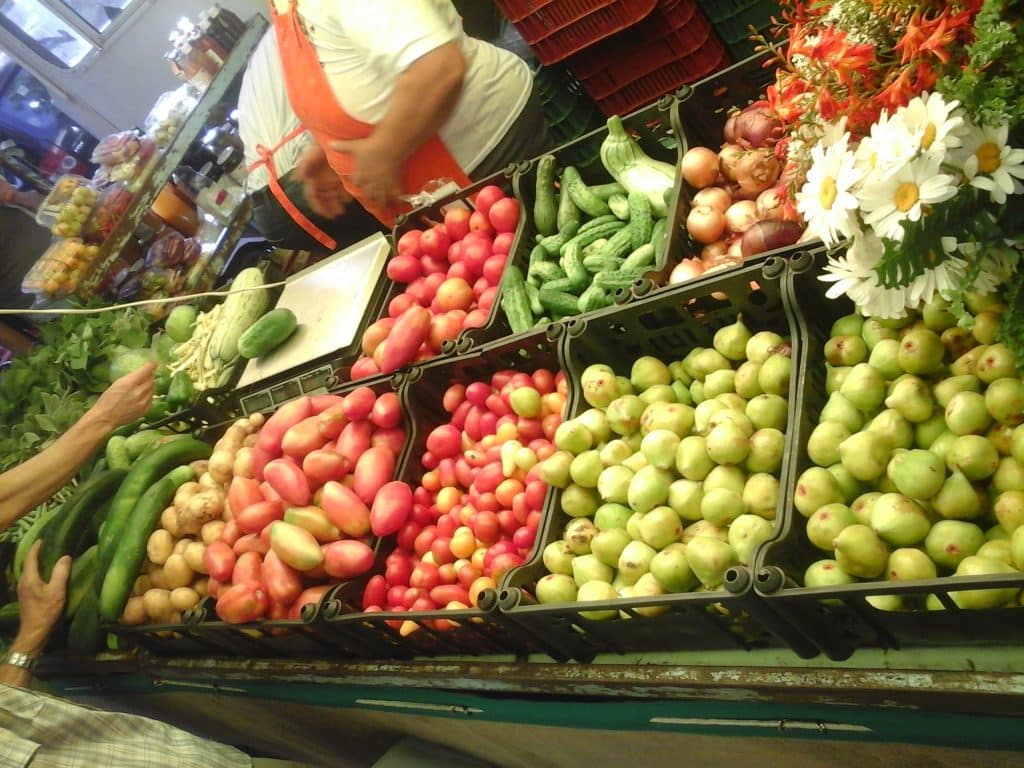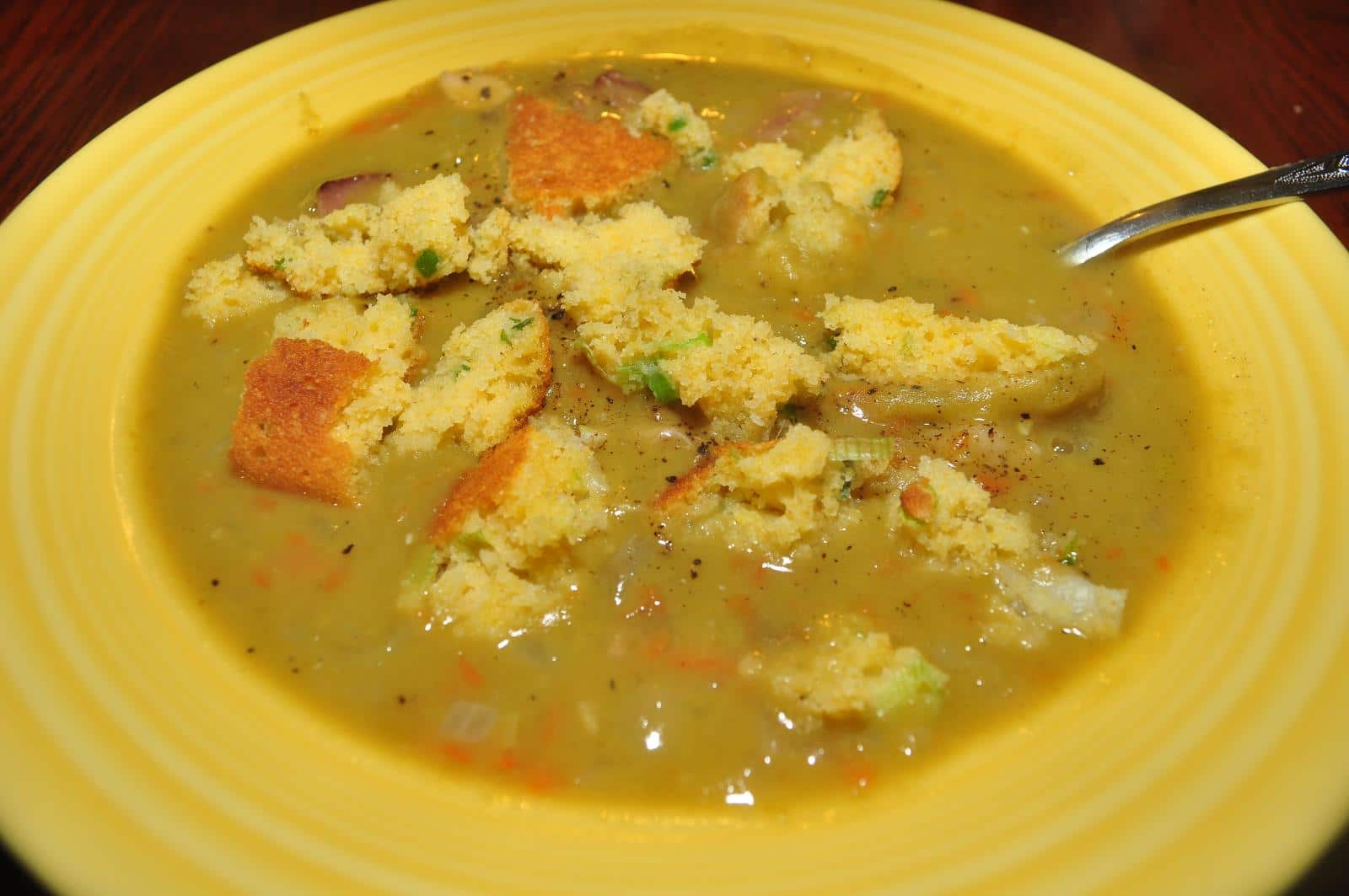Organic food means fresh lettuce and ripe tomatoes picked straight from the garden without yucky chemicals or pesticides. Imagine biting into a veggie that tastes like warm sunshine and fresh earth. People who want to stay healthy and help the planet find better, safer options with organic food. Studies show organic farms use about 45 percent less energy and create 40 percent fewer greenhouse gases compared to regular farms. Growing and eating organic connects you to real food that feels good in your hands and body. Discover surprising secrets about how organic choices can lift your health and protect the environment, making every bite count. Keep reading, and learn why going organic might change everything.
In reality, organic food is about much more than just eating vegetables that haven’t been exposed to any kind of chemical residue.
In this article we will explore what exactly organic means when you buy a bag of bananas or a box of cereal.

What does organic mean?
Organic food is food that is grown without the use of synthetic pesticides or fertilizers.
Food that has been certified as organic must meet certain standards set by the U.S. government.
The National Organic Program (NOP) was established in 2002 by the USDA (United States Department of Agriculture).
It’s main goal is to “protect the organics industry from unfair competition while ensuring consumer protection.”
To accomplish these goals, an organic certification program has been created that allows growers to apply for certification.
The NOP also manages a nationwide database of organic products that consumers can access online.
There are several reasons why people choose to purchase organic foods instead of conventional versions.
They include:
- Reduces risk of cancer
- Protects our water resources
- Helps wildlife and biodiversity
- Preserves soil quality
- Contains no genetically modified organisms
- Has all natural ingredients
- Doesn’t contain artificial additives
To be certified as organic, crops must be grown using practices that promote ecological balance (the living environment within which plant life exists), biological productivity (the ability of plants to produce seed and fruit), and cultural practices that conserve biodiversity.

What are the benefits of organic food?
While there are plenty of health benefits associated with eating organic food, not everyone chooses to eat organic because they want to protect their health.
Instead, many people choose organic foods because they want to ensure that they are eating food that hasn’t been contaminated with harmful chemicals.
Organics are often seen as safer to eat because they aren’t exposed to chemicals that can cause negative effects on your body.
For example, most conventional fruits and vegetables are treated with toxic herbicides and pesticides.
These chemicals can be found in some of the following places:
- Landscaping
- Fertilizer runoff
- Treated wastewater
- Air pollution
- Food packaging
Conventional farmers don’t need to worry about those kinds of risks when they grow their crops.
They can spray whatever they want to kill unwanted insects, weeds, and other pests.
However, organic farmers do need to take extra precautions.
If they decide to go organic, they need to make sure that there isn’t any residual pesticide left behind after spraying crops.
What are the disadvantages of organic food?
Just like there are positive aspects to buying organic food, there are also drawbacks to choosing organics.
Many of the same issues come up again and again.
One problem is that organic producers need to pay higher prices for inputs such as seeds, fertilizer, fuel, and labor.
This can add up quickly over time and make the cost of organic food prohibitively expensive compared to conventional options.
Another issue is that organic farms can be harder to find than conventional ones.
Since most conventional farms have been producing food for decades, they are very well-established and known.
When someone wants to buy an organic crop, they may need to look for one that grows near them.
Since organic agriculture isn’t widely practiced across the United States, many people who wish to buy organic food are likely to be forced to travel long distances to get to a farm where they can buy organic produce.
This makes it difficult for local residents who want to support their community by purchasing organic food.
What are the differences between organic and nonorganic food?
If you’ve ever heard someone say something like “I bought organic carrots, but I ate my nonorganic ones too,” then you know that the term ‘organic’ can sometimes be confusing.
While both terms refer to “food that has been grown without the use of synthetic pesticides,” they differ in the rules that govern how each type of food is farmed.
Nonorganic food is farmed in ways that are considered acceptable by the USDA.
For example, if you see “certified organic” on a product label, then it’s probably going to be grown in accordance with standards set by the NOP.
Products labeled with the word “natural” can also be considered nonorganic since the producer doesn’t need to follow any specific regulations.
Organic food is different.
You won’t notice anything special about the packaging or labeling if a product is certified organic.
Instead, you’ll find information about the farmer who grew the crop or the company that packaged the product.
In addition to the labeling, one of the biggest differences between organic and nonorganic food is how they’re harvested.
Conventional farms often harvest crops at the end of the growing season while organic farms wait until late fall or winter before harvesting is done.
This gives organic farms a chance to let the land rest so that it can absorb less carbon dioxide into the atmosphere.
Is organic food more expensive than nonorganic food?
As mentioned earlier, the high costs of producing organic food can make it seem like it’s more expensive than regular produce.
However, once you account for the savings you gain by avoiding the chemicals used in conventional food production, you might find that the price difference disappears altogether.
Not all people who purchase organic food do so because they value the planet or their own health.
Some individuals simply prefer organic food because they think it tastes better.
In fact, some studies suggest that organic food may actually taste better than conventional alternatives.
It could be because the process of organic food production tends to preserve nutrients better than conventional methods.
Other experts argue that the difference in flavor is due to organic food being cleaner and fresher than its conventional counterparts.
Is organic food healthier than nonorganic food?
A lot of people believe that organic food is healthier than conventional food.
But is it really?
When it comes down to it, whether organic food is healthier or not depends on the types of pesticides and fertilizers that are used to grow it.
If the majority of your diet consists of organic food, you probably won’t suffer any adverse side effects from consuming it.
However, if you consume a large amount of processed food, you may still experience negative consequences from the chemicals in those foods.
What are the guidelines for organic food production?
Organic food producers need to avoid things like using pesticides and fertilizers that are known to harm human health.
They also need to maintain the health of the soil by keeping it free of pollutants.
Farmers who sell organic food must also keep records that detail how the crops were grown.
This information needs to be collected during the entire growing season so that you can track what happened during the different stages of growth.
It’s important to note that organic food doesn’t need to be certified to be safe to eat.
That’s why you shouldn’t rely solely on the labels when you shop for organic food.
How is organic food produced?
Organic food producers typically follow strict guidelines when they’re trying to grow organic crops.
They must avoid using pesticides, herbicides, and fertilizers that can harm the environment.
As a result, organic farming is usually much slower and more labor
intensive than conventional farming.
Farmers may spend hours digging holes to plant seeds, removing
weeds, watering crops, waiting for the right weather conditions, and
more.
This takes away from time that could otherwise be spent doing other work.
- 25 Simple Lemon Dessert Recipes - January 2, 2026
- 25 Delicious Jalapeno Recipes - January 2, 2026
- 25 Homemade Sour Cream Recipes - January 2, 2026



